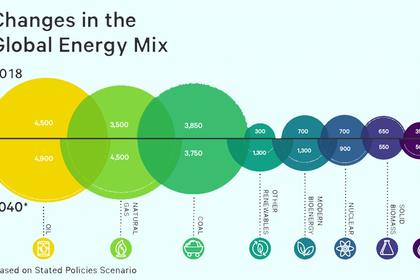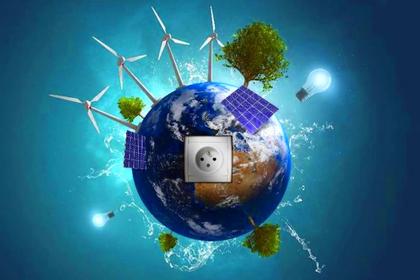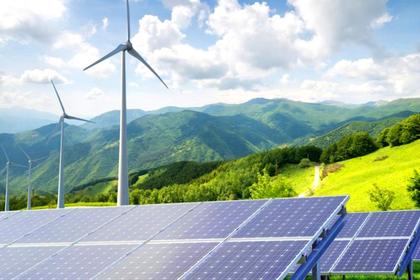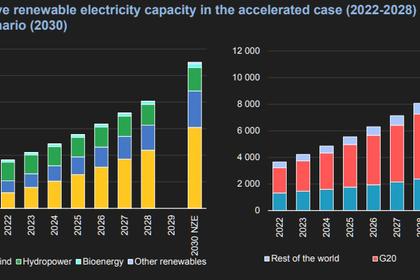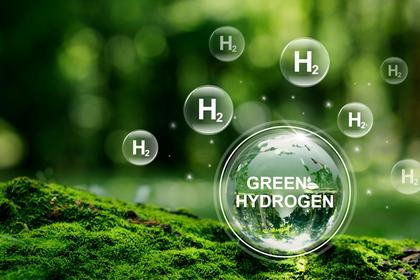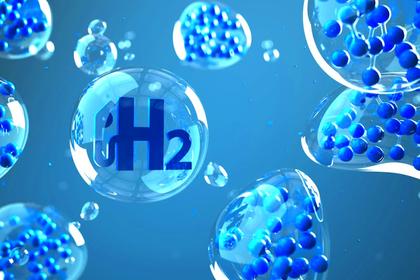
HYDROGEN ENERGY MATERIALS
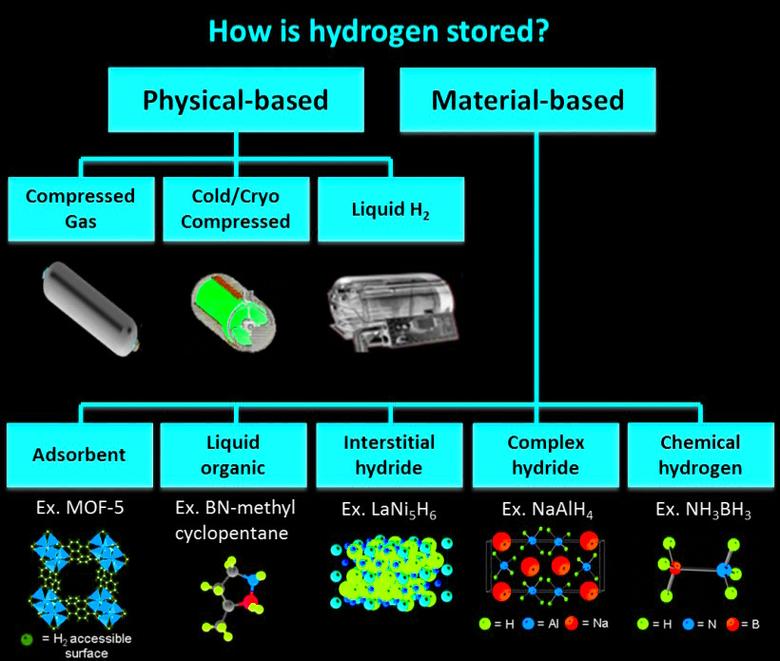
By Ujjal Ghosh, Ph.D Co-Founder and managing Partner, ORB Cleantech Inc
ENERGYCENTRAL - Sep 3, 2024 - The hydrogen industry is at the forefront of the global push towards cleaner energy, and the integration of Artificial Intelligence (AI) and Machine Learning (ML) is revolutionizing the development of materials essential for this transition. From production to transport and storage, AI/ML tools are proving indispensable in advancing both structural and functional materials for hydrogen applications.
AI/ML for Hydrogen Materials
AI and ML are pivotal in aiding the development of materials tailored for hydrogen use. These advanced technologies facilitate the rapid assessment and enhancement of both structural and functional materials, which are crucial for the efficiency and sustainability of hydrogen production, transport, and storage processes.
Assessment of Materials
AI/ML tools excel in evaluating the suitability, performance, and risks associated with new materials. By analyzing a wide range of data, AI can determine how materials will perform in hydrogen production, transport, and surface storage, ensuring that only the most robust and reliable materials are used in these critical applications.
Performance Prediction
One of the significant advantages of AI is its ability to incorporate physical mechanisms into algorithms, thereby reducing uncertainties in predicting the performance and lifespan of structural materials. This predictive capability is vital for ensuring that materials can withstand the demanding conditions they will face in hydrogen-related applications.
Data Utilization
AI’s ability to leverage vast amounts of recorded data, including maintenance records, regulatory reports, and operational data, allows for precise modeling of the impacts on the lifespan of structural materials. This data-driven approach is especially beneficial for assessing the durability and reliability of materials used in the hydrogen industry, including those used in retrofits.
Cost Optimization
Advanced functional materials, when optimized by AI, can significantly lower costs and improve the efficiency of hydrogen production, transport, and storage processes. For instance, materials like metal hydrides, which are used to adsorb and desorb hydrogen, can be enhanced through AI to address degradation issues and optimize performance.
Characterization of Functional Materials
AI plays a crucial role in characterizing a range of functional materials used in hydrogen technologies. These include gasifiers, reformers, electrolyzers, catalysts, and fuel cells. By accurately characterizing these materials, AI helps in identifying the most efficient and effective materials for each specific application.
Targeted Material Development
AI methods enable the targeted development of new materials, including catalysts, that are essential for more efficient and low-temperature proton-conducting fuel cells and electrolyzers. This targeted approach ensures that research and development efforts are focused on creating materials that offer the highest potential for performance and sustainability.
In conclusion, the integration of AI and ML into the hydrogen industry is driving significant advancements in material development. By enhancing the assessment, prediction, optimization, characterization, and targeted development of materials, AI is playing a critical role in advancing the hydrogen economy towards a more sustainable and efficient future.
-----
-----
Earlier:
